Our Board
Our current Board of Directors is comprised of a team of highly-qualified leaders in both non-profit and for-profit organizations.

Former Head of Computer Science Education Strategy at Google; Founder/Former Executive Director of CSTA
Dr. Chris Stephenson is the former Head of Computer Science Education Strategy at Google where she worked with Google teams and external computer science organizations globally to support rigorous education research and to improve computer science teaching and learning. Prior to joining Google in 2014, she was the founding Executive Director of the Computer Science Teachers Association, launching the organization in 2004. Stephenson has consulted on the development of computer science learning standards in many countries including Australia, Canada, Ireland, New Zealand, and the United Kingdom. Stephenson is the current co-chair of the ACM Education Board and a Distinguished Member of ACM. She also previously served as Chair of the ACM K-12 Task Force and as President of the International Society for Technology in Education’s Special Interest Group for Computer Science. Stephenson has numerous research publications in computer science education and has written several high school textbooks.
Dr. Chris Stephenson
Dr. Chris Stephenson is the former Head of Computer Science Education Strategy at Google where she worked with Google teams and external computer science organizations globally to support rigorous education research and to improve computer science teaching and learning. Prior to joining Google in 2014, she was the founding Executive Director of the Computer Science Teachers Association, launching the organization in 2004. Stephenson has consulted on the development of computer science learning standards in many countries including Australia, Canada, Ireland, New Zealand, and the United Kingdom. Stephenson is the current co-chair of the ACM Education Board and a Distinguished Member of ACM. She also previously served as Chair of the ACM K-12 Task Force and as President of the International Society for Technology in Education’s Special Interest Group for Computer Science. Stephenson has numerous research publications in computer science education and has written several high school textbooks.
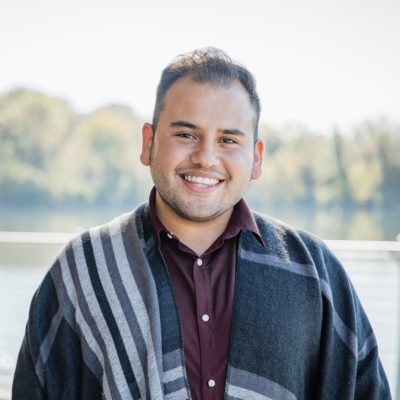
Vice President at Whiteboard Advisors
Carlos Ignacio Zavala brings a passion for equity and storytelling to his work at Whiteboard. In his role at Whiteboard, he supports a broad range of organizations (from early-stage startups to Fortune 500 companies) who are using data and technology to create new pathways to educational equity and economic mobility for all. He holds a Master’s degree from George Washington University and a Bachelor’s from George Mason University.
Carlos Zavala
Carlos Ignacio Zavala brings a passion for equity and storytelling to his work at Whiteboard. In his role at Whiteboard, he supports a broad range of organizations (from early-stage startups to Fortune 500 companies) who are using data and technology to create new pathways to educational equity and economic mobility for all. He holds a Master’s degree from George Washington University and a Bachelor’s from George Mason University.

CEO & Founder of SmartGirlsHQ
Abi Olukeye is the CEO & Founder of SmartGirlsHQ. Abi is a STEM-inist with experience in EdTech Innovation and Business Development. She’s an innovative and strategic thinker; passionate about customer-focused solutions; building a platform to increase the number of positive experiences young girls have with STEM early in their learning journey.
Abi Olukeye
Abi Olukeye is the CEO & Founder of SmartGirlsHQ. Abi is a STEM-inist with experience in EdTech Innovation and Business Development. She’s an innovative and strategic thinker; passionate about customer-focused solutions; building a platform to increase the number of positive experiences young girls have with STEM early in their learning journey.
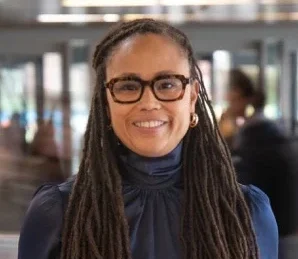
Director at Constellations Center for Equity in Computing
Tamara Pearson is the Constellations Center for Equity in Computing Deputy Director and Senior Director of Research and Programs at the Georgia Institute of Technology (Georgia Tech). Her work focuses on disrupting the root causes for the inequitable access, participation, and success of historically marginalized communities in computing. Dr. Pearson is the former inaugural Director of the Center of Excellence for Minority Women in STEM at Spelman College. In her two years in that role, she was successful in raising significant public and private funds, including a $5 million grant from Google to develop a data hub highlighting the unique needs and challenges of Black women in STEM, the largest ever grant of this kind from Google, and a $4.2 million Racial Equity in STEM Education grant from the National Science Foundation focused on the undergraduate of experiences of Black women in STEM. Prior to her work at Spelman, she served as Associate Director of School and Community Engagement at the Center for Education Integrating Science, Mathematics and Computing (CEISMC) at Georgia Tech, where she led K-12 school and district partnerships. Dr. Pearson holds a Bachelor of Science in Mathematics from Spelman College, with a minor in Computer Science, and an MEd and PhD in Curriculum and Instruction with a specialization in Educational Technology from the University of Florida.
Tamara Pearson
Tamara Pearson is the Constellations Center for Equity in Computing Deputy Director and Senior Director of Research and Programs at the Georgia Institute of Technology (Georgia Tech). Her work focuses on disrupting the root causes for the inequitable access, participation, and success of historically marginalized communities in computing. Dr. Pearson is the former inaugural Director of the Center of Excellence for Minority Women in STEM at Spelman College. In her two years in that role, she was successful in raising significant public and private funds, including a $5 million grant from Google to develop a data hub highlighting the unique needs and challenges of Black women in STEM, the largest ever grant of this kind from Google, and a $4.2 million Racial Equity in STEM Education grant from the National Science Foundation focused on the undergraduate of experiences of Black women in STEM. Prior to her work at Spelman, she served as Associate Director of School and Community Engagement at the Center for Education Integrating Science, Mathematics and Computing (CEISMC) at Georgia Tech, where she led K-12 school and district partnerships. Dr. Pearson holds a Bachelor of Science in Mathematics from Spelman College, with a minor in Computer Science, and an MEd and PhD in Curriculum and Instruction with a specialization in Educational Technology from the University of Florida.
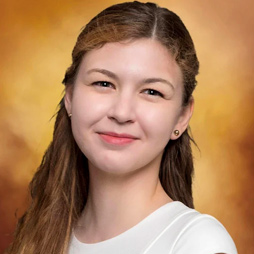
Olivia Lu

Jennifer Rosato is the director of the Northern Lights Collaborative for Computing Education at the University of Minnesota, leading efforts to create more inclusive computing education opportunities. She has been supporting educators in K-12 and higher education in efforts to broaden participation in computing for over 20 years. She is passionate about collaborating with partners across systems and stakeholders to increase equity. She has led multiple grants and projects that provide curriculum and professional development for teachers and districts, is a CSforAll-MN steering committee member working on educational policy in Minnesota, and previously served as chair of the CSTA Board of Directors.
Jennifer Rosato
Jennifer Rosato is the director of the Northern Lights Collaborative for Computing Education at the University of Minnesota, leading efforts to create more inclusive computing education opportunities. She has been supporting educators in K-12 and higher education in efforts to broaden participation in computing for over 20 years. She is passionate about collaborating with partners across systems and stakeholders to increase equity. She has led multiple grants and projects that provide curriculum and professional development for teachers and districts, is a CSforAll-MN steering committee member working on educational policy in Minnesota, and previously served as chair of the CSTA Board of Directors.
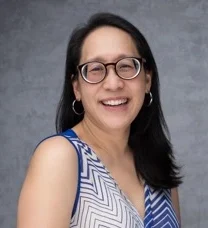
Callista Chen is the Vice President of Programs & Operations at Reboot Representation, a coalition of major tech companies supporting Black, Latina, and Native American women in computing. She joined Reboot from Techbridge Girls, where she served as the Pacific Northwest Executive Director and worked to expand programs to reach more girls, families, and educators. Prior to joining Techbridge Girls, Callista spent several years managing international development programs for the World Bank in Liberia and Eswatini (formerly known as Swaziland.) During her time overseas, she co-founded a small foundation that provided micro-grants to students and entrepreneurs in Sub-Saharan Africa. Callista also has worked as a management consultant and editor at McKinsey & Company, advising multinational nonprofits and Fortune 500 companies. Callista is based in Seattle and holds a BA from Stanford University in Human Biology, as well as an MBA from Stanford’s Graduate School of Business.
Callista Chen
Callista Chen is the Vice President of Programs & Operations at Reboot Representation, a coalition of major tech companies supporting Black, Latina, and Native American women in computing. She joined Reboot from Techbridge Girls, where she served as the Pacific Northwest Executive Director and worked to expand programs to reach more girls, families, and educators. Prior to joining Techbridge Girls, Callista spent several years managing international development programs for the World Bank in Liberia and Eswatini (formerly known as Swaziland.) During her time overseas, she co-founded a small foundation that provided micro-grants to students and entrepreneurs in Sub-Saharan Africa. Callista also has worked as a management consultant and editor at McKinsey & Company, advising multinational nonprofits and Fortune 500 companies. Callista is based in Seattle and holds a BA from Stanford University in Human Biology, as well as an MBA from Stanford’s Graduate School of Business.
Our Team
Our team consists of staff that is overseen by our board. We have multiple ongoing projects, including research and evaluation. If you have an interest in collaborating or need a researcher or evaluator for your upcoming project, please contact us.
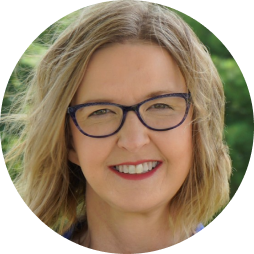
Dr. Monica McGill is passionate about computing education research, which has enabled her to form and lead the Institute for Advancing Computing Education (IACE) as a non-profit. In its first full year of operation (2021), she led the organization in securing over $2 million in grants from various national and international organizations, including the National Science Foundation, Google, and Amazon Future Engineers. Monica earned her B.S. in Computer Science and Mathematics from University of Illinois-Urbana Champaign, M.S. in Computer Science from George Washington University, and Ed.D. in Curriculum and Instruction from Illinois State University. Prior to forming IACE, she worked for several years in industry as a computer scientist and then as a tenured professor of computer science and game design/development for over 15 years.
Monica blends her experiences working in industry with her experiences conducting education research to break down barriers for students to participate in CS education. She has been conducting computing education research for over a decade. She has authored/co-authored over 70 articles related to computing education and is currently working as a primary investigator on several National Science Foundation (NSF) grants exploring CS education in the US. She also served as inaugural chair for the ACM-W North America committee, as a member of the Computer Science Teachers Association (CSTA) Board and Sjögren’s Foundation board and as an associate editor of the ACM Transactions on Computing Education.
Monica is a senior member of the Association of Computing Machinery and a member of ACM SIGCSE, IEEE, ASEE, NARST, AERA and CSTA.
Twitter: @VirtuallyFine
LinkedIn: monicamcgill
Dr. Monica McGill, Ed.D.
Dr. Monica McGill is passionate about computing education research, which has enabled her to form and lead the Institute for Advancing Computing Education (IACE) as a non-profit. In its first full year of operation (2021), she led the organization in securing over $2 million in grants from various national and international organizations, including the National Science Foundation, Google, and Amazon Future Engineers. Monica earned her B.S. in Computer Science and Mathematics from University of Illinois-Urbana Champaign, M.S. in Computer Science from George Washington University, and Ed.D. in Curriculum and Instruction from Illinois State University. Prior to forming IACE, she worked for several years in industry as a computer scientist and then as a tenured professor of computer science and game design/development for over 15 years.
Monica blends her experiences working in industry with her experiences conducting education research to break down barriers for students to participate in CS education. She has been conducting computing education research for over a decade. She has authored/co-authored over 70 articles related to computing education and is currently working as a primary investigator on several National Science Foundation (NSF) grants exploring CS education in the US. She also served as inaugural chair for the ACM-W North America committee, as a member of the Computer Science Teachers Association (CSTA) Board and Sjögren’s Foundation board and as an associate editor of the ACM Transactions on Computing Education.
Monica is a senior member of the Association of Computing Machinery and a member of ACM SIGCSE, IEEE, ASEE, NARST, AERA and CSTA.
Twitter: @VirtuallyFine
LinkedIn: monicamcgill

Dr. Julie Smith
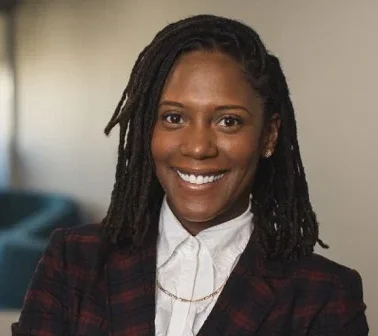
Fatima Brunson, PhD. is post-doctoral researcher in the School of Education at the University of Pittsburgh. Dr. Brunson earned her doctorate degree in Policy Studies in Urban Education from the University of Illinois at Chicago (UIC). Her research is used to connect literature on workplace conditions, teachers collaborative practice and culturally responsive and sustaining pedagogies. Currently, she works with schools and districts to better understand how school leaders and teachers work together to enact responsive pedagogies in racially isolated schools and culturally mixed middle schools, high schools, and higher educational institutions. Her work with teaching teams specifically focuses on disseminating strategies for enhancing student engagement in science and math classrooms, through supporting teachers’ adoption of culturally sustaining innovations. As well, she provides consultation services to various types of organizations to provide in-person and online training.
Dr. Fatima Brunson
Fatima Brunson, PhD. is post-doctoral researcher in the School of Education at the University of Pittsburgh. Dr. Brunson earned her doctorate degree in Policy Studies in Urban Education from the University of Illinois at Chicago (UIC). Her research is used to connect literature on workplace conditions, teachers collaborative practice and culturally responsive and sustaining pedagogies. Currently, she works with schools and districts to better understand how school leaders and teachers work together to enact responsive pedagogies in racially isolated schools and culturally mixed middle schools, high schools, and higher educational institutions. Her work with teaching teams specifically focuses on disseminating strategies for enhancing student engagement in science and math classrooms, through supporting teachers’ adoption of culturally sustaining innovations. As well, she provides consultation services to various types of organizations to provide in-person and online training.

Dr. Joseph Tise is a Senior Education Researcher at the Institute for Advancing Computing Education (IACE). He earned his B.S. in Psychology from Virginia Tech, M.S., and Ph.D. in Educational Psychology from Penn State, and completed a Postdoctoral appointment at Texas A&M University. He has expertise in self-regulated learning, theories of learning, student motivation, quantitative and mixed-methods research, and is experienced in conducting longitudinal research.
In his free time, Dr. Tise enjoys spending time with his family and friends, getting outdoors, and staying active.
Dr. Joe Tise
Dr. Joseph Tise is a Senior Education Researcher at the Institute for Advancing Computing Education (IACE). He earned his B.S. in Psychology from Virginia Tech, M.S., and Ph.D. in Educational Psychology from Penn State, and completed a Postdoctoral appointment at Texas A&M University. He has expertise in self-regulated learning, theories of learning, student motivation, quantitative and mixed-methods research, and is experienced in conducting longitudinal research.
In his free time, Dr. Tise enjoys spending time with his family and friends, getting outdoors, and staying active.
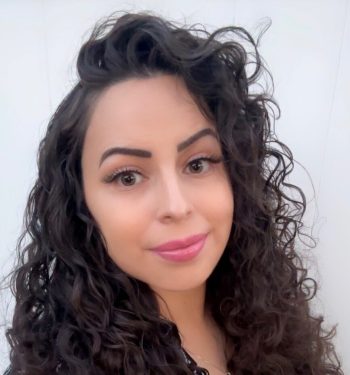
Jessica Rago earned her Bachelors in Business Management and Organizational Leadership from St. Petersburg University. Her expertise is in event coordinating, digital marketing, operations and project management.
In her free time, Jessica enjoys spending time with family and friends, being out in nature, traveling, and volunteering in her community.
Jessica Rago
Jessica Rago earned her Bachelors in Business Management and Organizational Leadership from St. Petersburg University. Her expertise is in event coordinating, digital marketing, operations and project management.
In her free time, Jessica enjoys spending time with family and friends, being out in nature, traveling, and volunteering in her community.
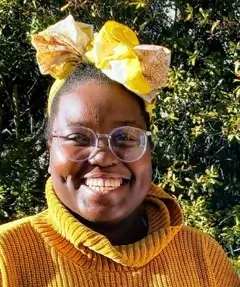
Charity Odetola is a Graduate Research Assistant at the Institute for Advancing Computing Education (IACE). She recently completed her Master’s degree and is currently pursuing a doctoral degree at the University of North Carolina at Greensboro in Educational Research and Methodology, specializing in Program Evaluation. She is passionate about social justice and the application of culturally relevant approaches to research and evaluation. She has extensive evaluation expertise working on federally-funded grants and experience in K-12 settings, and is interested in exploring student voice and its impact on curriculum development and educational outcomes. Outside of academia, she enjoys spending time in the kitchen, cooking and baking. She also enjoy long drives to reflect and gather her thoughts.
Charity Odetola
Charity Odetola is a Graduate Research Assistant at the Institute for Advancing Computing Education (IACE). She recently completed her Master’s degree and is currently pursuing a doctoral degree at the University of North Carolina at Greensboro in Educational Research and Methodology, specializing in Program Evaluation. She is passionate about social justice and the application of culturally relevant approaches to research and evaluation. She has extensive evaluation expertise working on federally-funded grants and experience in K-12 settings, and is interested in exploring student voice and its impact on curriculum development and educational outcomes. Outside of academia, she enjoys spending time in the kitchen, cooking and baking. She also enjoy long drives to reflect and gather her thoughts.
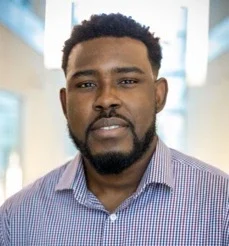
Precious Eze is a doctoral student in Engineering and Computing Education at Florida International University. His research focuses on AI-driven pedagogical tools and their role in nurturing career-related technical competencies among students. He has a background in AI-driven technology projects and specializes in Learning Management Systems (LMS) and Association Management Systems (AMS). Precious holds a Master’s in Chemical Engineering from the University of South Africa and a Bachelor’s in Chemical Engineering from Enugu State University of Science and Technology, Nigeria.
Precious Eze
Precious Eze is a doctoral student in Engineering and Computing Education at Florida International University. His research focuses on AI-driven pedagogical tools and their role in nurturing career-related technical competencies among students. He has a background in AI-driven technology projects and specializes in Learning Management Systems (LMS) and Association Management Systems (AMS). Precious holds a Master’s in Chemical Engineering from the University of South Africa and a Bachelor’s in Chemical Engineering from Enugu State University of Science and Technology, Nigeria.
Our Volunteers
In addition to the energetic, skilled staff, we are honored to have volunteers working to help us achieve our mission. Volunteers play an important role at IACE and we thank them for sharing their time and talent with us.
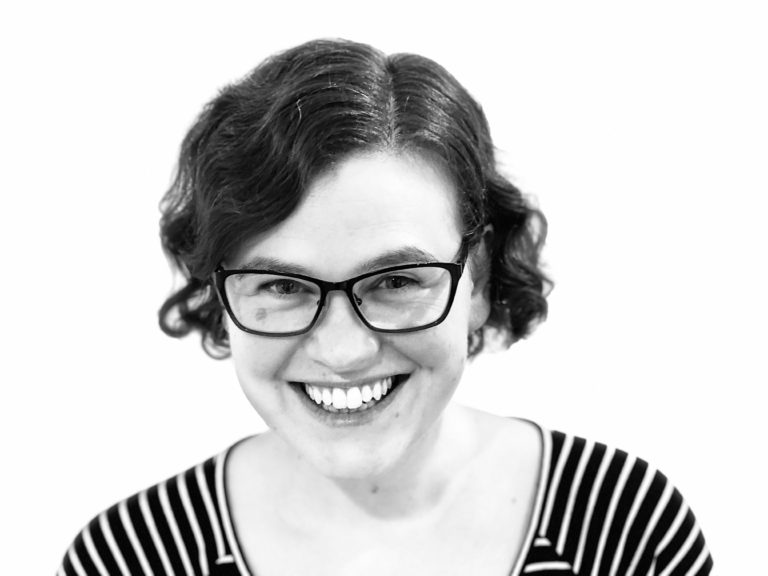
Dr. Emily Thomforde is the Computer Science Coordinator at the California Department of Education. She advocates for equity in K-12 Computer Science and supports teachers and districts in building rigorous pathways to deliver the California K-12 CS Standards. Emily is a BAFTA-winning video game developer, and has eight years of experience teaching computer programming, software development and engineering at libraries, prisons, museums, and public schools locally and abroad. Her curriculum development credits include Vidcode, Hopscotch, Code.org, STEM from Dance, Code Combat, and BrainPOP. Emily holds a PhD in Artificial Intelligence from the University of Edinburgh in Scotland, UK.
Emily Thomforde
Dr. Emily Thomforde is the Computer Science Coordinator at the California Department of Education. She advocates for equity in K-12 Computer Science and supports teachers and districts in building rigorous pathways to deliver the California K-12 CS Standards. Emily is a BAFTA-winning video game developer, and has eight years of experience teaching computer programming, software development and engineering at libraries, prisons, museums, and public schools locally and abroad. Her curriculum development credits include Vidcode, Hopscotch, Code.org, STEM from Dance, Code Combat, and BrainPOP. Emily holds a PhD in Artificial Intelligence from the University of Edinburgh in Scotland, UK.
K-12 Computer Science Education Research Center
We created the Resource Center with an amazing cast of people who have provided resources and support, including their time, thoughtful feedback, and insight into future ideas for the growth of IACE. A huge shout out to this wonderful group!
Principal Investigators
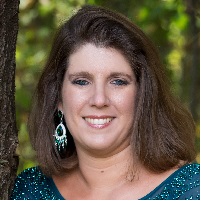
University at Buffalo
Adrienne Decker, Ph.D., is an Assistant Professor in the Department of Engineering Education at the University at Buffalo. Her areas of scholarship are computing education with a primary focus on how we teach introductory programming and providing tools and support for student learning computing concepts.
Adrienne Decker
Adrienne Decker, Ph.D., is an Assistant Professor in the Department of Engineering Education at the University at Buffalo. Her areas of scholarship are computing education with a primary focus on how we teach introductory programming and providing tools and support for student learning computing concepts.
Post-Doctoral Researcher (2020-22)

Brian McSkimming, Ph.D, is a postdoctoral associate in the Department of Engineering Education at the University at Buffalo. He is working with the data on evaluation instruments to explore learning heuristics and biases. He is also providing support for other parts of the project development.
Brian McSkimming
Brian McSkimming, Ph.D, is a postdoctoral associate in the Department of Engineering Education at the University at Buffalo. He is working with the data on evaluation instruments to explore learning heuristics and biases. He is also providing support for other parts of the project development.
Financial Support and In kind Donations (2016-22)

Support for IACE includes direct funding from the U.S. National Science Foundation under grants #1625005, #1625335, #1757402, and #1933671

Support for IACE includes funding from SageFox Consulting Group and CSforAll under the U.S. National Science Foundation grant #1745199.

ACM provides an in-kind donation that provides us with the capability for open access to all DOIs from the ACM Digital Library
NSF Grant Advisory Board (2016-2022)


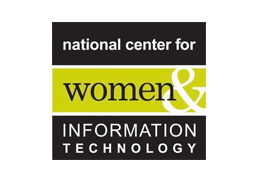
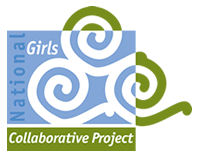
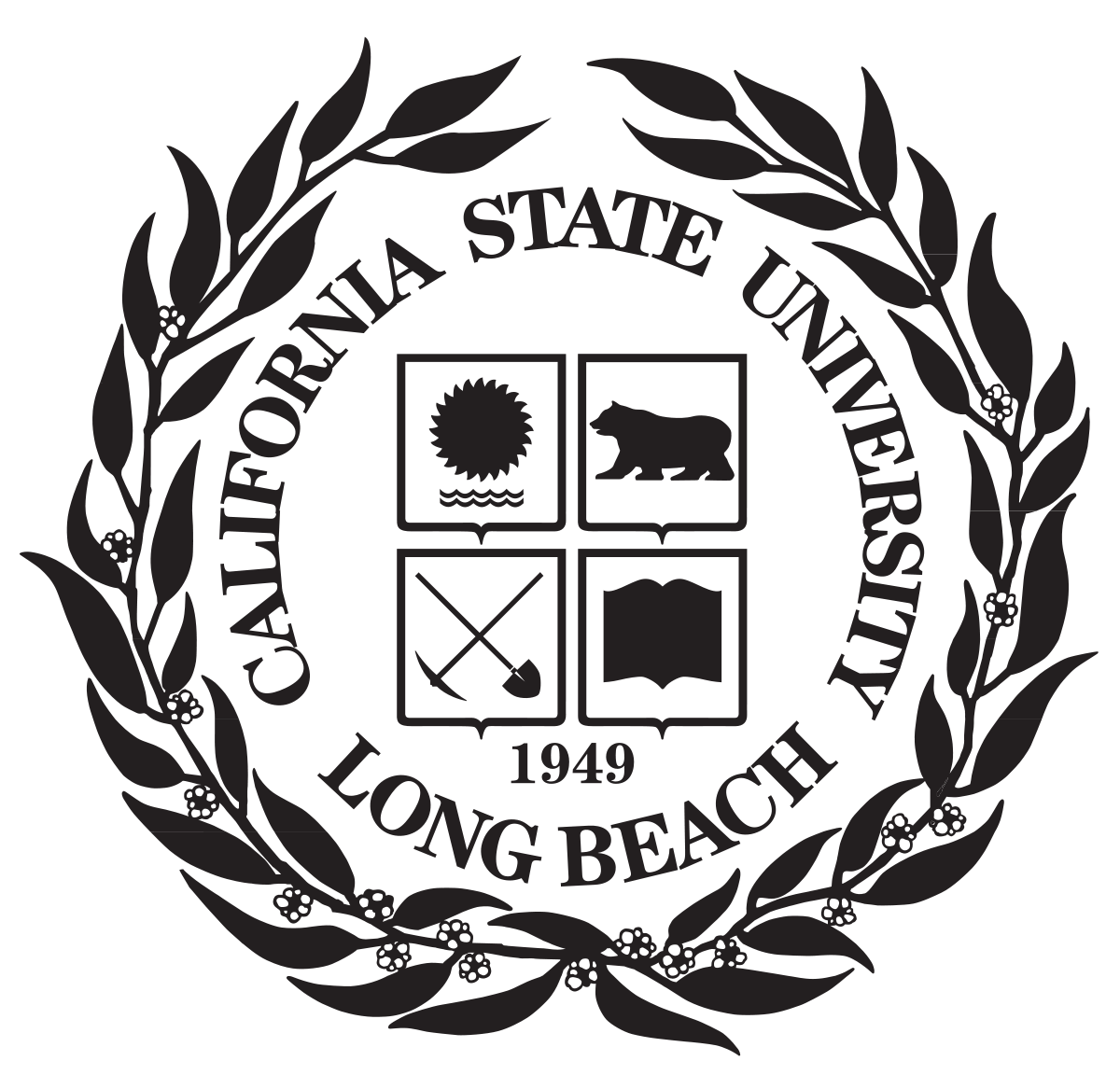


| Ruth Anderson: Faculty Department of Computer Science & Engineering, University of Washington |
| Jake Baskin: Executive Director Computer Science Teachers Association |
| Erin Mindell Cannon |
| Leigh Ann DeLyser: Co-founder and Executive Director CSforAll |
| Wendy DuBow: Director of Evaluation National Center for Women & Information Technology |
| Alvaro Monge: Professor of Computing University of California Long Beach |
| Karen Peterson: Chief Executive Officer National Girls Collaborative Project |
| Jason Ravitz: Evaluation by Design |
NSF Grant Evaluation Team (2016-22)

SageFox Consulting Group has evaluated our project and provided feedback on its usefulness within the community. The SageFox team assigned to this project are Alan Peterfreund, Jeff Xavier, and Ken Rath.
Graduate and Undergraduate Talent (2016-2022)
2021-22
2020-21
2019-20
2018-19
2017-18
2016-17
2022-24

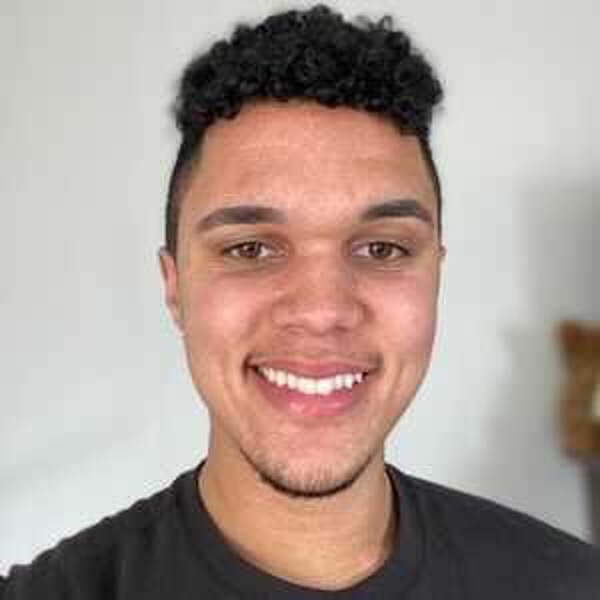

Joey Reyes, Undergraduate Student, Knox College, is conducting new research in computing education, including data synthesis, quantitative studies and systematic literature reviews.
Joey Reyes, Undergraduate Student, Knox College, is conducting new research in computing education, including data synthesis, quantitative studies and systematic literature reviews.

2020-21
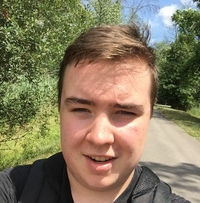
Sean Mackay, Graduate Student, University at Buffalo, is reviewing literature on retrospective evaluation instruments during summer 2020 and updating the Effectiveness of Technology Outreach Survey.
Sean Mackay, Graduate Student, University at Buffalo, is reviewing literature on retrospective evaluation instruments during summer 2020 and updating the Effectiveness of Technology Outreach Survey.

Emily Schroder, Undergraduate Student, Knox College, is working as a site administrator for REDCap, training REDCap users, and creating an automated system for sharing tips.
Emily Schroder, Undergraduate Student, Knox College, is working as a site administrator for REDCap, training REDCap users, and creating an automated system for sharing tips.
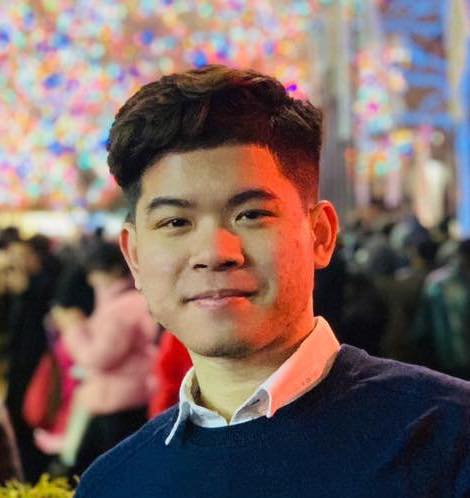
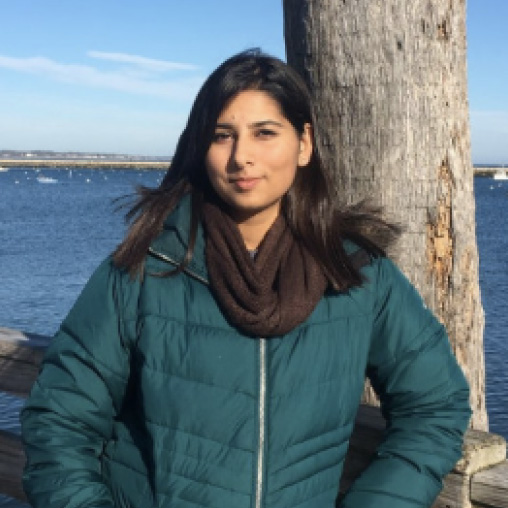
2019-20
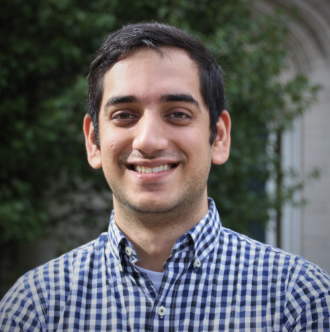
Momin Zahid, Undergraduate Student, Knox College, is currently serving as the Program Team Lead. He works across the development process and the entire devstack.
Momin Zahid, Undergraduate Student, Knox College, is currently serving as the Program Team Lead. He works across the development process and the entire devstack.

Sean Mackay, Undergraduate Student, University at Buffalo, is reviewing literature on retrospective evaluation instruments during summer 2019.
Sean Mackay, Undergraduate Student, University at Buffalo, is reviewing literature on retrospective evaluation instruments during summer 2019.


Nhan Thai, Undergraduate Student, Knox College, is conducting software development and developing the site’s Testing Plan and Automated Testing Integration.
Nhan Thai, Undergraduate Student, Knox College, is conducting software development and developing the site’s Testing Plan and Automated Testing Integration.

Bishakha Updhyaya, Undergraduate Student, Knox College, is working on integration of Tableau for visual representation of data that can be customized by users.
Bishakha Updhyaya, Undergraduate Student, Knox College, is working on integration of Tableau for visual representation of data that can be customized by users.
2018-19

Momin Zahid, Undergraduate Student, Knox College, is currently serving as the Program Team Lead. He works across the development process and the entire devstack.
Momin Zahid, Undergraduate Student, Knox College, is currently serving as the Program Team Lead. He works across the development process and the entire devstack.

Trang Tran, Undergraduate Student, Knox College, has worked on enhancing the site to make it more useful. She works across the development process and entire devstack.
Trang Tran, Undergraduate Student, Knox College, has worked on enhancing the site to make it more useful. She works across the development process and entire devstack.

Bishakha Updhyaya, Undergraduate Student, Knox College, is working within Tableau during summer 2019 to convert important data into meaningful infographics.
Bishakha Updhyaya, Undergraduate Student, Knox College, is working within Tableau during summer 2019 to convert important data into meaningful infographics.

Sean Mackey, Undergraduate Student, University at Buffalo, is reviewing literature on retrospective evaluation instruments during summer 2019.
Sean Mackey, Undergraduate Student, University at Buffalo, is reviewing literature on retrospective evaluation instruments during summer 2019.

